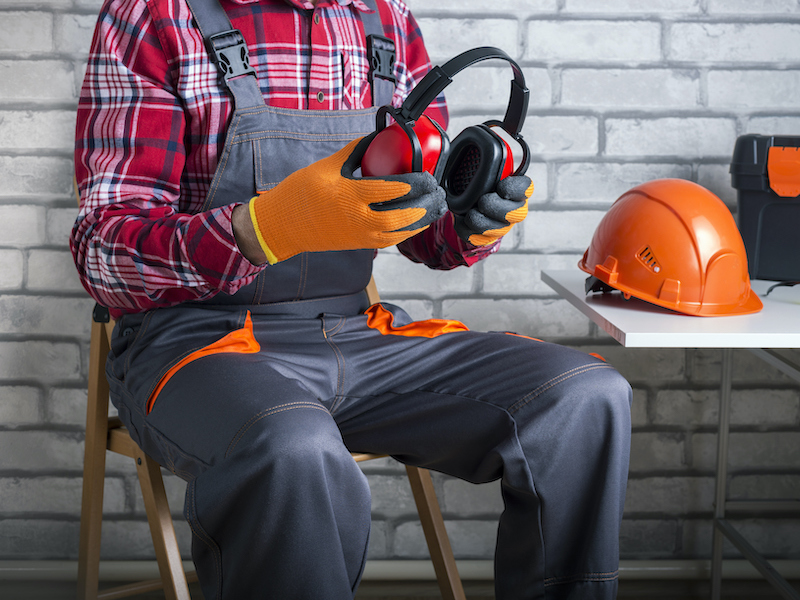
Your sense of hearing is essential in your life and when it’s gone, there will be no natural way for it to return But for some reason, hearing loss tends to go untreated and uncontrolled in the general population. In the US alone, one in eight people over the age of 12 copes with neglected and permanent hearing loss.
While there are treatments that can help you regain your hearing, like hearing aids, it’s such an easy thing to protect your ears from the beginning to prevent avoidable hearing loss.
Here are five easy ways that you can protect your hearing:
Don’t use earbuds
Earbuds have been packaged with mobile devices since the early 2000s and are one of the biggest dangers to hearing. These little devices fit snugly into the ear canal and pump sound directly into the inner ear and the majority of smartphones included them. Listening to music or a movie on your mobile device at maximum volume for only 15 minutes can lead to irreversible hearing loss. Over the ear style headphones, especially the ones with noise canceling technology, would be a better option. Adhering to the 60/60 rule, which suggests a maximum volume of 60% for no more than 60 minutes a day, is another safety measure to safeguard your hearing.
Lower the volume
Earbuds don’t generate the only sounds that can harm your hearing. Loud noises from a TV or radio can do as much harm if you consistently listen to them over a sustained period of time. Shooting ranges, concerts, construction zone, and other noisy environments should be avoided. It may be impractical to entirely avoid these situations particularly if they’re part of your job. If that’s the case, then you’ll want to pay attention to the next item on the list.
Hearing protection will help
Hearing protection is crucial if you work in a setting or enjoy hobbies that expose you to loud noises. Hearing loss can happen in just 15 minutes at 85 decibels. Compare that to the following:
- Jackhammers at a construction site produce 130 decibels, which could take their toll after a 40-hour workweek
- At most concerts the headlining band plays for up to two hours at well over 120 decibels
- The average gunshot clocks in at 149 decibels, which is multiplied and amplified over the course of a one hour visit to an indoor shooting range
The moral here is that you should get yourself some sort of hearing protection like earmuffs or earplugs if you take part in any of these activities.
Take auditory breaks
There are times you simply need to give your ears a rest. Even if you use hearing protection, if you are subjected to loud noises like these for prolonged periods, you should take some quiet breaks to give your ears some time to recover. That means, you probably shouldn’t get into your car and start blaring loud music right after you leave a 3-hour concert.
Check your medicine
Your hearing may be significantly impacted by the medication you use. Aspirin, anti-inflammatories, antibiotics, and certain heart and cancer medications have all been proven to cause hearing loss. The good news is that medication-associated hearing loss is not common and is more likely if you use two or more of those medications at the same time making it easier to prevent.
Are you suffering from hearing loss and want to seek out new treatment? Get in touch with us today to schedule a consultation.
Call Today to Set Up an Appointment
Resources
https://www.cdc.gov/nceh/hearing_loss/how_does_loud_noise_cause_hearing_loss.html
